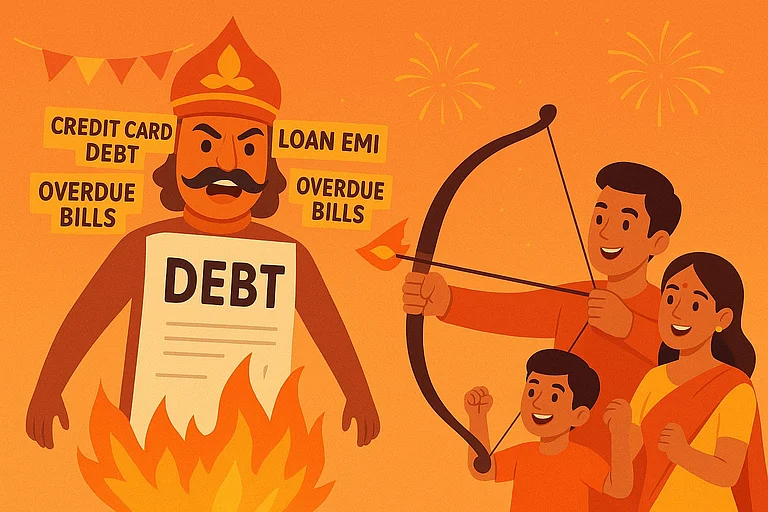KYC scams misuse identity verification to steal personal financial information.
Investment, lottery, and online job scams lure victims with promises.
Debit or credit card fraud clones or steals card information.
Fraud Alert: Key Financial Scams and How to Avoid Them
By staying aware of common scams, you can take steps to keep your money and data safe
With fraudsters always finding new ways to target victims so it is crucial to safeguard your money and personal data. To steal money or information, scammers use a variety of strategies such as lottery schemes and bogus investments. These are key things you should do and avoid based on advice from the I4C handbook on preventing cybercrime.
Key Financial Frauds and Tips to Avoid Them
KYC Scam
KYC fraud occurs when criminals misuse identity verification processes to steal personal or financial information. They can try to deceive you into giving account information, send bogus requests for KYC paperwork or utilize false identities. You should not reveal your account passwords, PINs, or OTPs to anyone. Never give copies of your KYC documents to unknown contacts and never click on any questionable links sent via email, SMS, or social media.
What You Should Do:
Always validate any KYC update requirements with your bank or financial institution.
Only use the bank's official phone numbers or email addresses found on their website.
If you see any unusual behaviour, notify your bank immediately.
Online Jobs
Online jobs scams attract job seekers by promising significant earnings or simple work. They frequently try to steal money, so be careful not to pay any fees up front, don't blindly believe unsolicited job emails or sponsored search results, and don't apply for jobs without first making sure the posts are legitimate especially on social media or unknown websites.
What you should do
You should always find job openings on official government websites, newspapers or verified portals.
Verify the organization's certifications and appropriate work permits for positions abroad.
During interviews, ask specific questions about the position and company.
Investment Scam
Investment scammers frequently make use of unrealistic return claims to lure victims. To protect yourself, do not rush into decisions, don't believe offers that promise large rewards with little risks and don't join strange social media groups pushing questionable trading programs.
What you should do
Invest only through SEBI-registered intermediaries.
Verify that financial products are offered by regulated entities.
Any uncertain investment activity can be reported by calling 1930 or visiting cybercrime.gov.in.
Lottery Fraud
Lottery scams deceive individuals into they have won a prize, but they must pay fees or provide personal information to obtain it. To be cautious, do not pay any upfront fees, do not provide personal or financial information with unfamiliar people, and do not respond to unwanted messages claiming to have won a lottery.
What you should do:
You should refuse to pay any fees, taxes, or charges to claim a lottery prize.
Always verify the authenticity of unexpected lottery notifications before responding.
Report any suspected lottery scams to the appropriate authorities.
Debit/Credit Card Fraud
Fraudsters can steal or clone your debit or credit card information using ATMs, POS machines, phishing URLs, or even photographs of your card. You should never discuss your card information or PIN with anybody, avoid writing or saving your PIN in public areas, and never use your card on unsecured public Wi-Fi networks.
What you should do:
When not in use, turn off internet, international, and contactless payment options.
Before entering your PIN, double-check the amount and inspect the POS equipment for signs of tampering.
Keep your card accessible and secure throughout all transactions.
